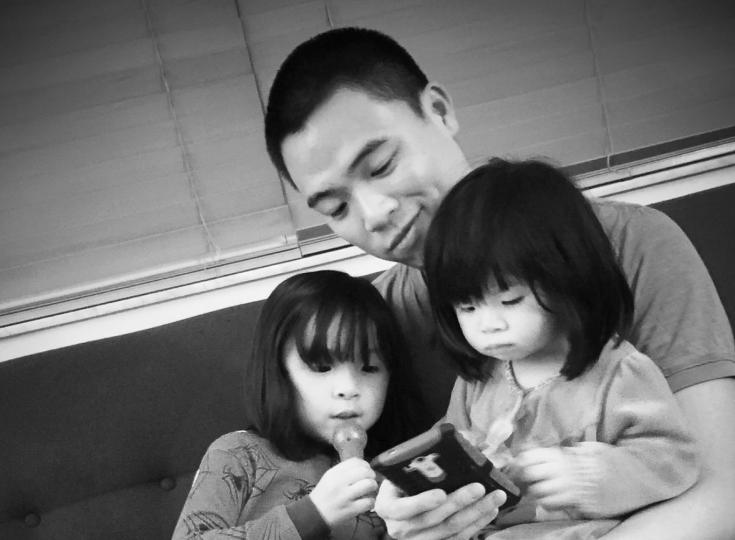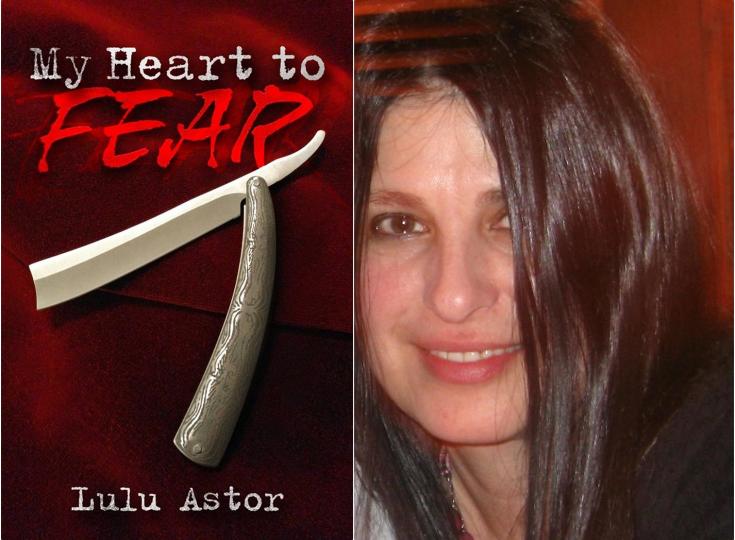Christine Benedict - Award Winning Mystery Thrillers
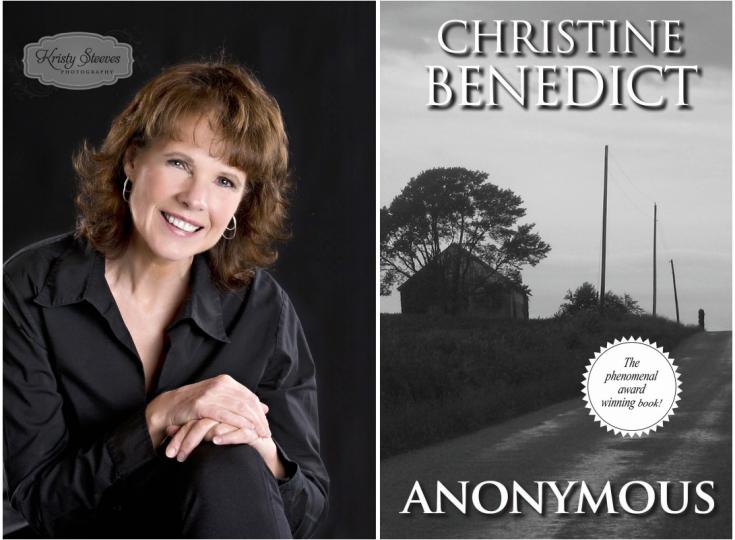
Christine Benedict studied creative writing at Baldwin Wallace and Cleveland State Universities. Her short stories have been finalists for Perigee Publication for the Arts, The Fish Short Story Prize, and an honorable mention in Glimmer Train Press. As our Author of the Day, she tells us about her book, Anonymous.
Please give us a short introduction to what Anonymous is about.
In the mystery thriller Anonymous, Debra Hamilton faces the fear of inheriting her mother’s mental illness when her husband moves her into a hundred-year-old farmhouse where the neighbors insinuate its haunted. Her new friend faces the fear of a stalker when anonymous letters come in the mail. Their stories merge as their friendship grows and their fears are tested.
What inspired you to write about someone who confronts the fear of inheriting mental illness?
Debra’s fear of inheriting mental illness was based on my own fears. My own mother has been institutionalized on three occasions and thrives today despite shock treatment therapy. Julie’s fear of a stalker stems from my own. All the letters from the man who stalked me are in the novel, word for word. He remains anonymous to this day.
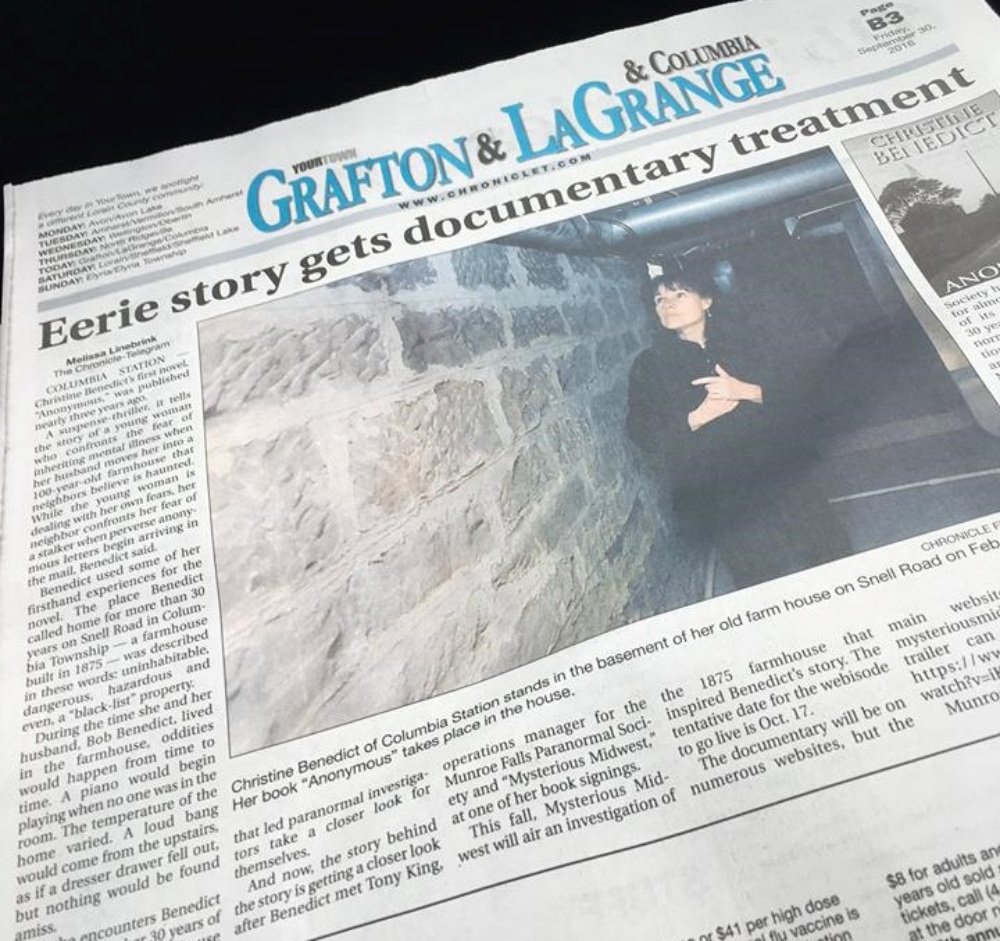
Anonymous is an Award Winner. What has the experience been like so far? What surprised you most about reader reactions to the book?
Having an Award-Winning novel is every author’s dream. I have found potential readers and book clubs looking for stories that have that kind of credibility. I can’t tell you how much fun I’ve had Skyping with book clubs who have taken my book.
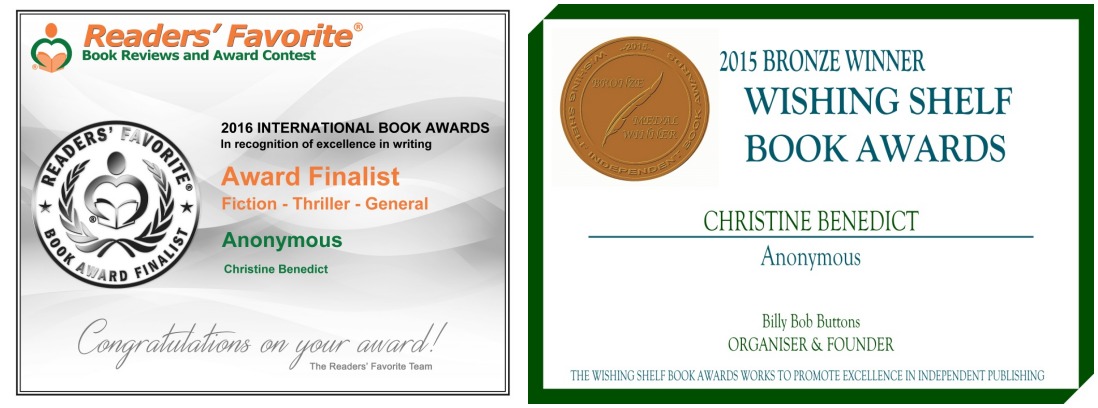
Tell us more about Debra. What makes her tick?
Like me, Debra grew up with mental illness. She wears eyeliner to hide the bald spots where she has pulled her eyelashes out. ‘She’s bitten her fingernails down to the quick; so she picked at her cuticles and has bitten them, too, tearing fine strips of skin. She wanted so badly to stop. It was ugly. It hurt. But she would bite them anyway.’ Normal’ is more like a trick that she’d learned to master.
Both women are survivors of a traumatic past. Why did you create them this way?
Each story is a part of the author, consciously or subconsciously. That’s what makes them unique. My past is too traumatic to go into. I found I had a choice, to give into it, or rise above it. The story appeals to a wide range of readers but survivors of abuse have told me they can relate to these women. The protagonist’s triumph gave them chills, realizing their own aspirations.
Besides writing, what other secret skills do you have?
My mom is Slovak. My dad was a southerner. I make a kicking stuffed cabbage and a y'all-come-back-now chicken and dumplings.
What, do you think, makes old houses so creepy?
The old house is based on the farmhouse I lived in with my husband and raised our children. We bought it in the same condition as in the story and remodeled 5 out of the 14 rooms to move in. The slightest breeze would moan through the old window panes. Lapboard plaster, dried and cracked, would crackle and fall inside the walls in the night, sounding like someone’s fingernails scratching from within.
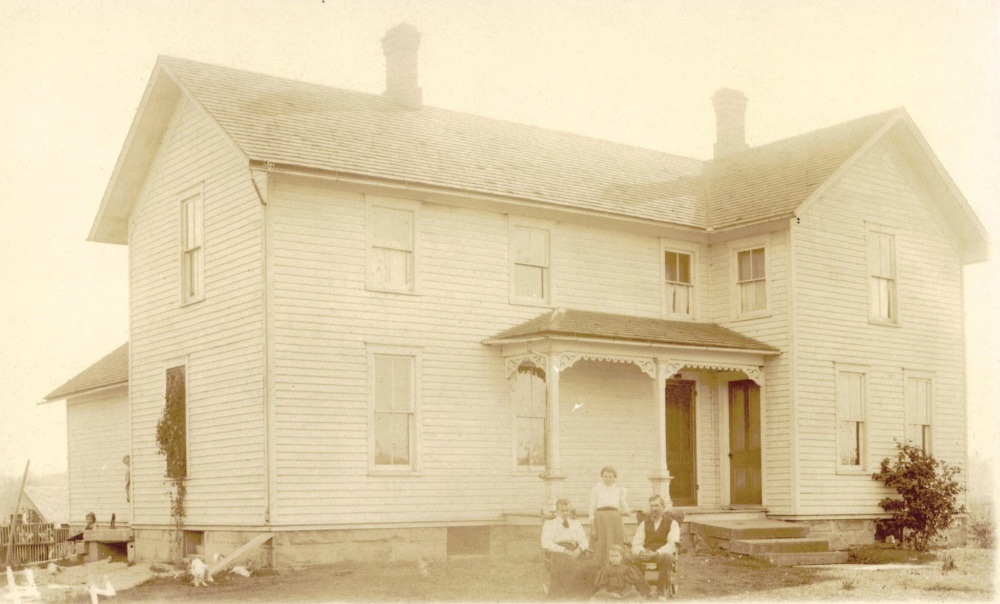
Readers say that your book took them on a rollercoaster of emotions. How did you pull this off?
I studied creative writing in two universities, had great mentors, and referenced the book, The Art of Fiction by John Gardner, in my attempts to put the reader on a fence post as part of the story instead of telling the reader what is happening.
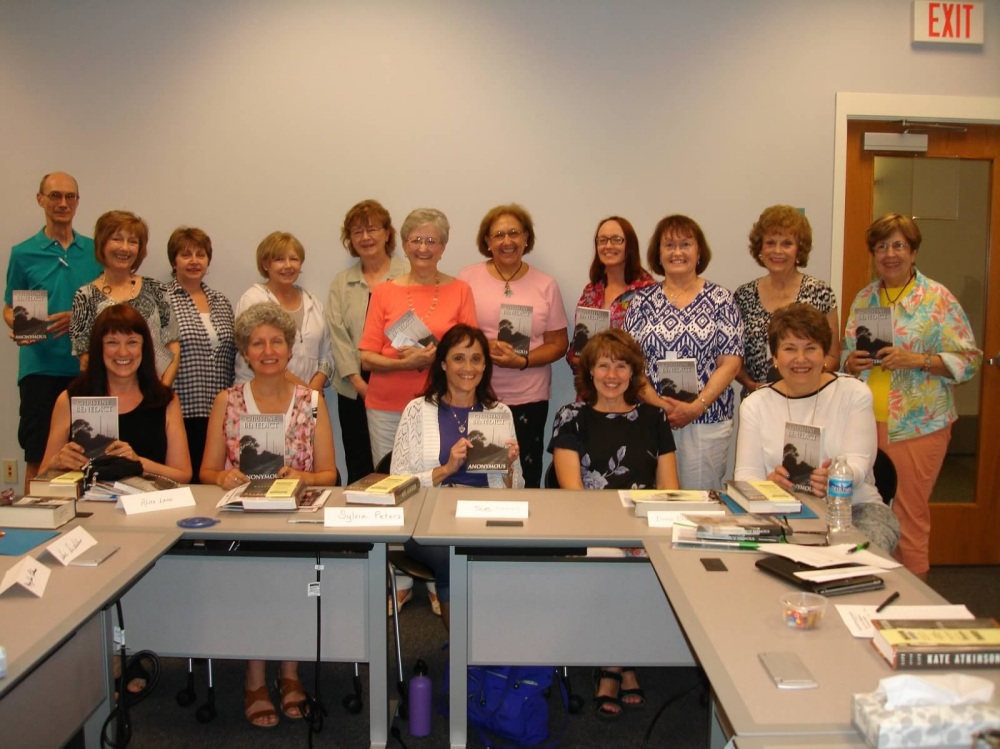
Are there any books or writers that have influenced your work?
I could go on and on, The Storyteller by Jodi Picoult, The Painted House by John Grisham, Valley of Amazement by Amy Tan, Poisonwood Bible by Barbara Kingsolver, to name a few.
How do you force yourself to finish what you're doing before starting the next project when the new idea is nagging at you?
I guess I’m obsessive when I start a project. I don’t start on a new idea until I’ve written the first one to the best of my ability.
Are any of the characters in the book based on real people?
The characters are based on myself, and on my husband, but don’t tell him I told you so.
Do you have any interesting writing habits? What is an average writing day like for you?
I spend an hour or two in the morning (when I can) just getting it down. Then I have something to work with when my time is limited.
What are you working on right now?
I am working with a former Penguin Publishing editor on The Girl in the Willows, my literary fiction novel set in 1965. Having a chapter from Willows an honorable mention in Glimmer Train Press is encouraging, especially since 2019 is Glimmer Train’s last publication.
In the story, Katianna Milena Bovinich wants freedom just like any other teenager. But for her, it's not just rebellion but survival: her mother Helen is terribly ill, and when her step-father Dean isn't hitting her, he's looking at her in ways he shouldn’t. Dean is a gambling addict and a strong-arm for the Cleveland union leaders, in over his head and owing more than he can pay to the Cleveland Mafia, a struggle in which Kat and Helen find themselves stuck in the middle.
Like her daughter, Helen strives for freedom, from the mental institution where Dean commits her in an attempt to get power of attorney over her ninety acres of land. Her struggle to earn the trust of the asylum staff and prove her sanity may drive her even deeper into its clutches, cast into darkness and hopelessness as the doctors lord solitary confinement and lobotomies over her as punishment for any spark of rebellion.
Together, mother and daughter echo one another, circle each other, separated and desperate for reunion, both striving for the chance at a new life that life may not give them.
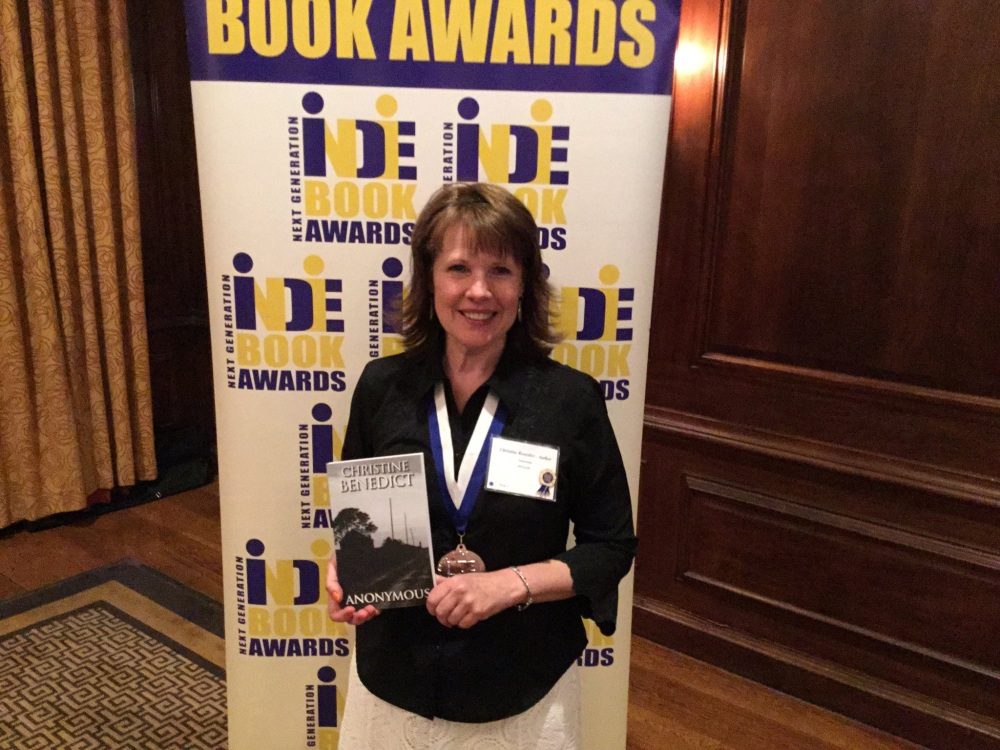
Where can our readers discover more of your work or interact with you?
Readers can reach me through my website https://www.authorchristinebenedict.com/

